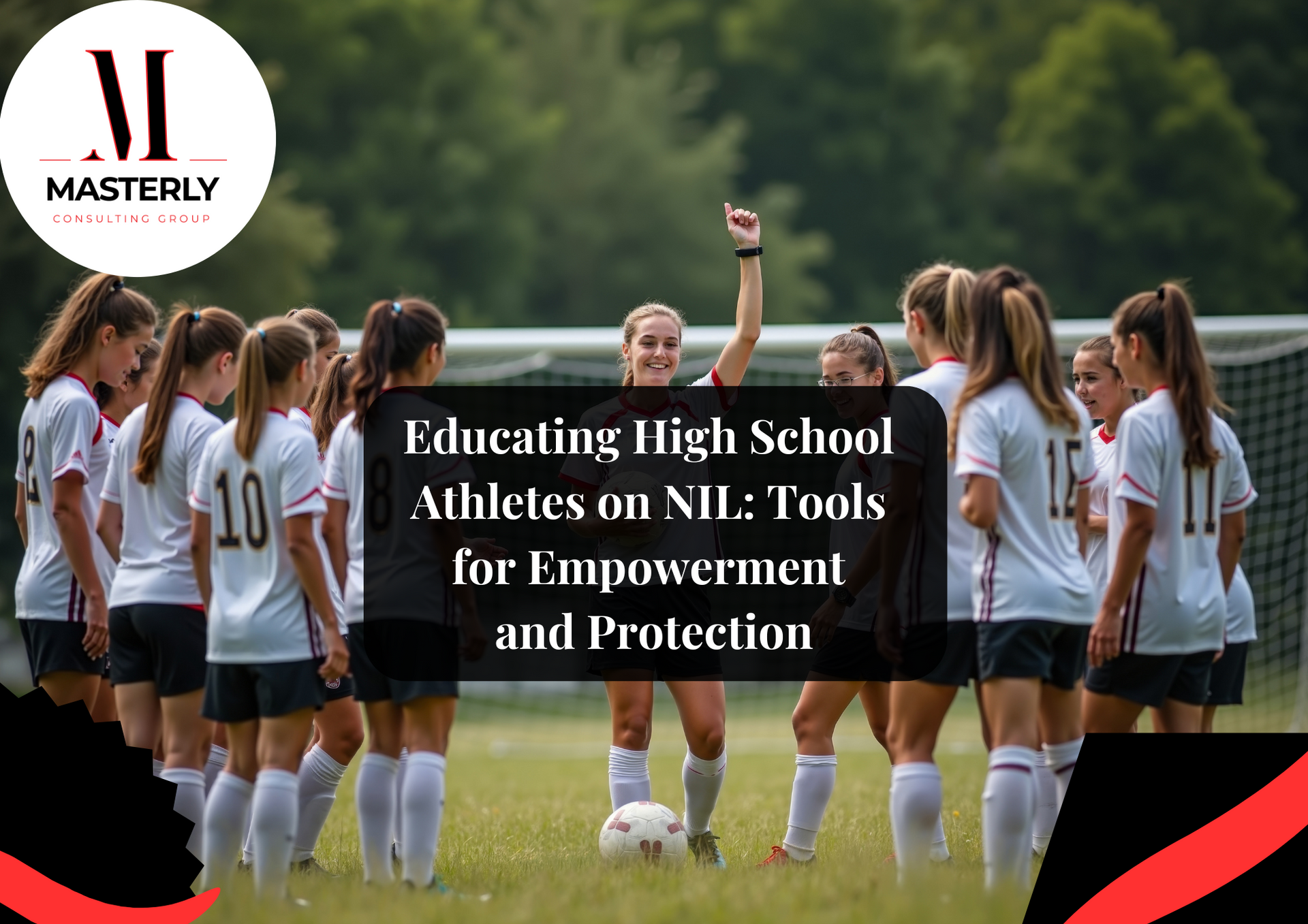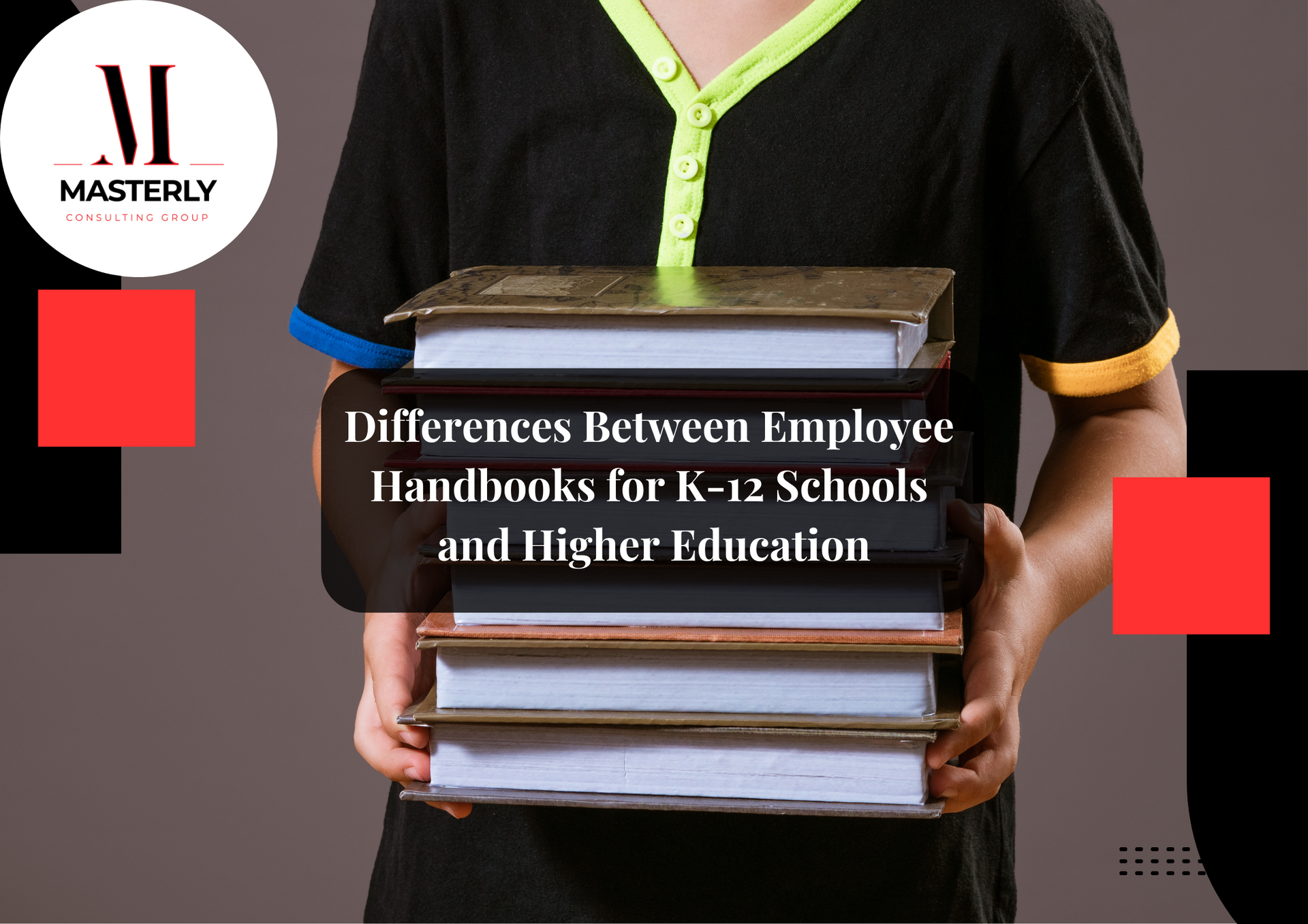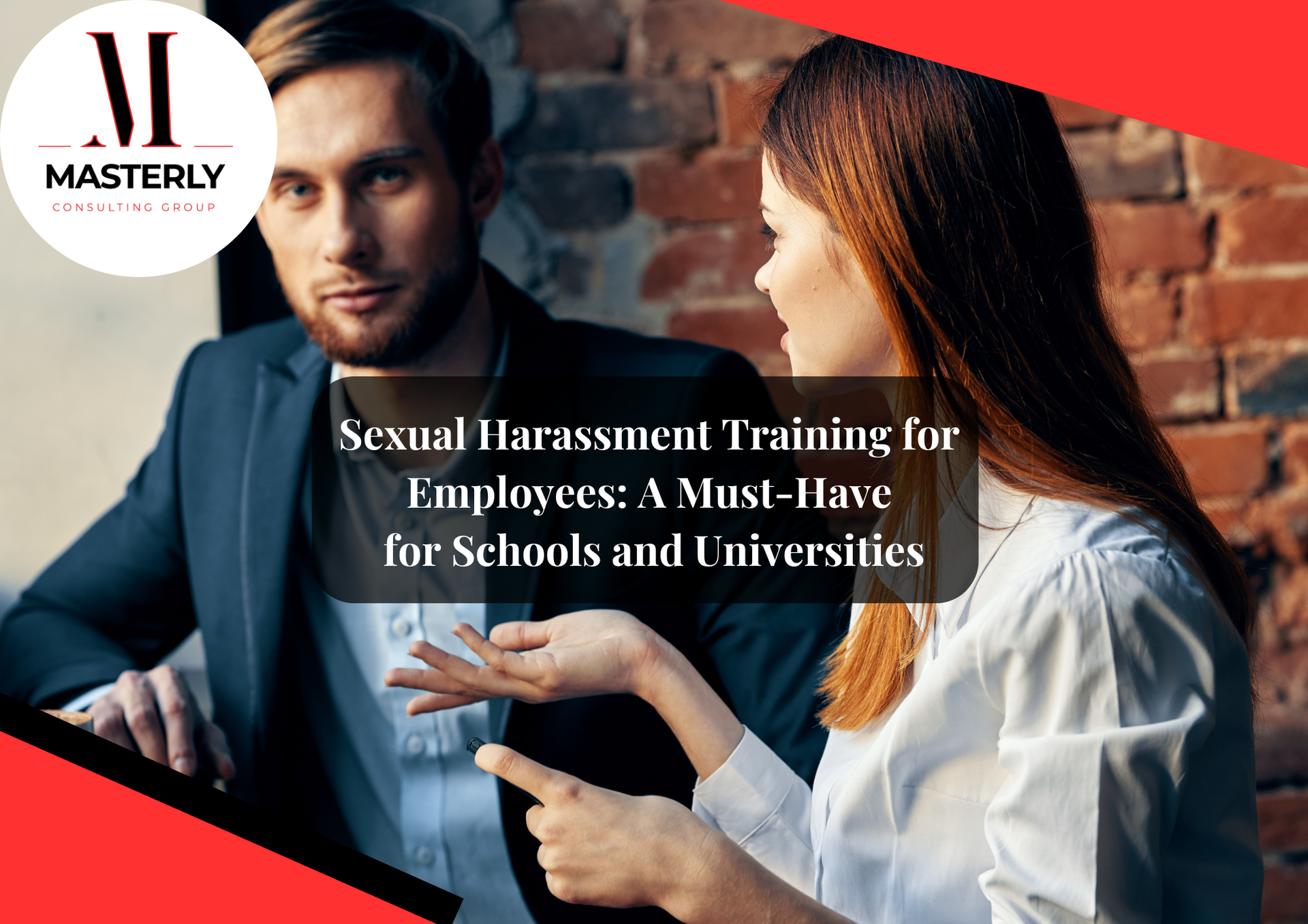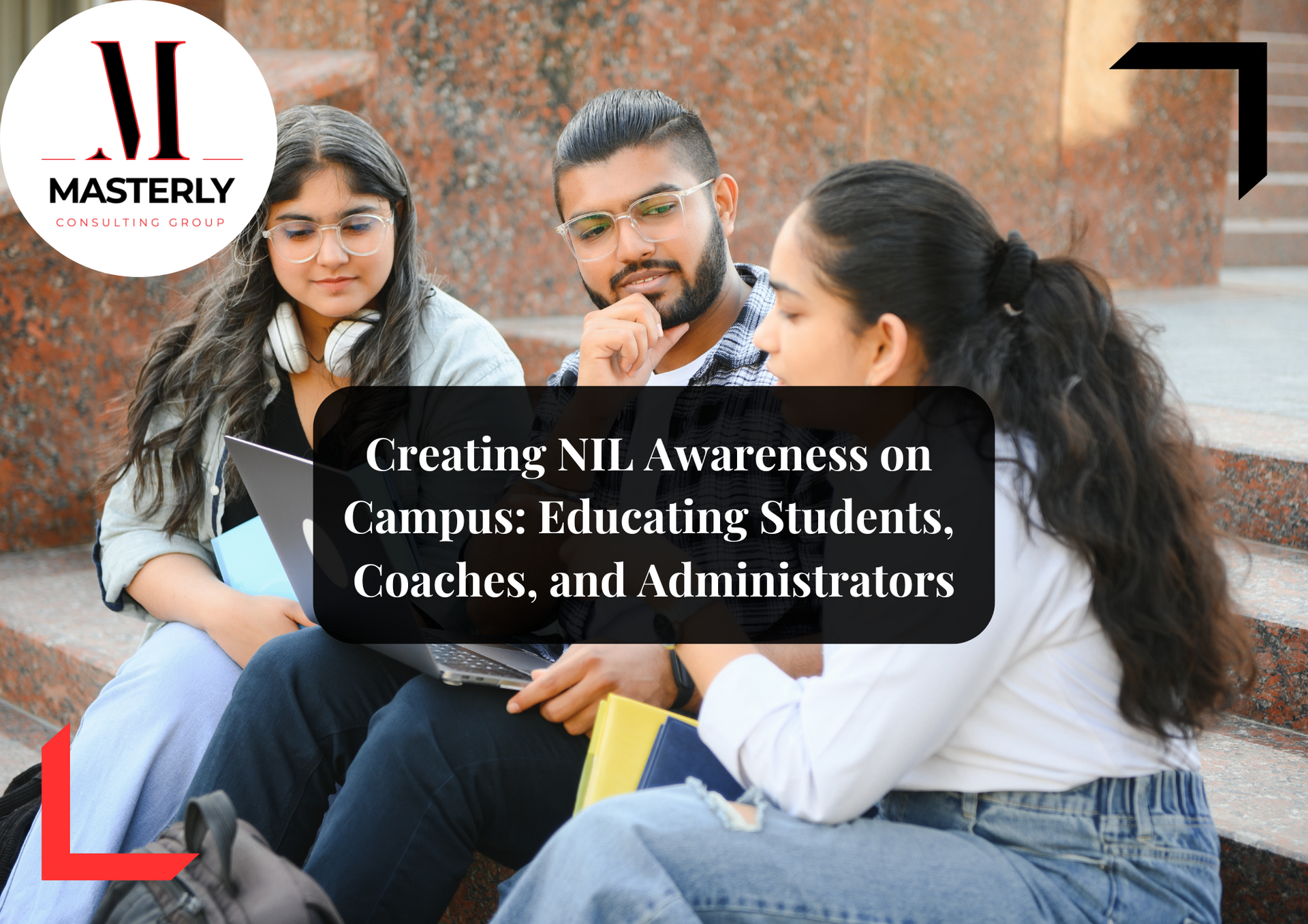How Universities Can Support Their Athletes with NIL Education and Training
The introduction of Name, Image, and Likeness (NIL) rights has transformed the landscape of college athletics. Athletes now have the opportunity to earn compensation through NIL deals, leveraging their personal brand while competing at the collegiate level. However, navigating the complexities of NIL rules, state laws, and compliance requirements can be overwhelming for both student-athletes and universities.
For institutions, providing comprehensive NIL education and training is crucial to ensure their athletes understand their rights, stay compliant, and maximize opportunities without violating NCAA rules related to NIL activities. This article explores how universities can support their athletes in the evolving NIL era.
The Importance of NIL Education for College Athletes
For many college athletes, the concept of Name, Image, and Likeness (NIL) is new and often confusing. Without proper guidance, athletes may miss out on opportunities or unintentionally breach NCAA rules, state NIL laws, or their school's policies.
Key Reasons NIL Education Matters:
- Understanding NIL Rights: Athletes need to grasp what NIL rights entail and how to leverage them effectively.
- Avoiding Compliance Issues: Universities must educate athletes to ensure they report NIL activities consistent with school and conference requirements.
- Maximizing NIL Opportunities: Proper training empowers athletes to capitalize on sponsorship deals, social media accounts, and other likeness opportunities.
By offering comprehensive educational materials, universities position their athletes for success on and off the field.
Key Components of an Effective NIL Education Program
An effective NIL education program equips athletes with the knowledge and tools they need to navigate this new era confidently. Universities should focus on the following components:
1. Legal and Compliance Training
- Educate athletes on state laws, NCAA NIL rules, and the interim policy.
- Clarify how to avoid violating NCAA rules related to pay for play and other restrictions.
- Address legal considerations for contracts, taxes, and sponsorship deals.
2. Personal Branding and Marketing
- Teach athletes to develop a strong personal brand and manage their social media accounts effectively.
- Provide insights into creating content that attracts likeness deals while maintaining authenticity.
- Highlight the importance of maintaining their amateur status while pursuing NIL opportunities.
3. Financial Literacy
- Include sessions on budgeting, taxes, and financial planning to help athletes manage their earnings.
- Offer advice on working with professional service providers like agents or financial advisors.

How Universities Can Stay Compliant with NIL Laws
Universities must ensure their school policies align with state NIL laws and NCAA rules. Additionally, schools need to provide clear guidelines for member schools and current student-athletes to follow.
Steps for Ensuring Compliance:
- Establish Clear Policies: Develop detailed guidelines that explain the school's policies and conference requirements for NIL.
- Train Compliance Offices: Equip the compliance office with resources to monitor and assist athletes in reporting their NIL activities.
- Collaborate with State and Federal Entities: Stay updated on federal legislation and state laws that impact NIL governance.
By prioritizing compliance, universities can avoid potential penalties and maintain their athletes' amateur status.
Leveraging NIL Training as a Recruiting Tool
Providing robust NIL support can set a particular school apart in the competitive world of college sports recruiting. Prospective student-athletes are increasingly drawn to programs that offer comprehensive training and resources to help them navigate the complexities of NIL.
How NIL Training Enhances Recruiting:
- Showcase Educational Programs: Highlight your university’s commitment to educating athletes on NIL rights and opportunities.
- Promote Financial and Branding Support: Demonstrate how your institution helps athletes maximize their earnings.
- Highlight Success Stories: Share examples of athletes who have successfully navigated NIL with the school’s guidance.
NIL training is not just a benefit for current student-athletes—it’s a key factor for attracting high school athletes and prospective student-athletes.
Challenges and Legal Considerations in NIL
Navigating NIL comes with challenges, from staying compliant with state NIL laws to addressing potential conflicts between athletes’ interests and university policies. Providing athletes with a clear understanding of the legal considerations is essential to their success.
Key Legal Considerations:
- Contracts and Sponsorships: Ensure athletes understand the terms of sponsorship deals and avoid exploitative agreements.
- Tax Obligations: Educate athletes on their responsibilities for reporting NIL income.
- Maintaining Compliance: Stress the importance of adhering to state laws, NCAA policies, and school policies.
By addressing these challenges, universities can help their athletes build successful and sustainable careers.

The Role of Professional Service Providers in NIL Success
While universities provide the foundation, athletes often need additional support from professional service providers like agents, marketing consultants, and financial advisors. Universities can educate athletes on how to choose reputable providers who align with their goals.
Why Professional Guidance Matters:
- Expert Support: Professionals help athletes negotiate better contracts and maximize their earnings.
- Legal and Financial Advice: Advisors ensure compliance with state laws and tax regulations.
- Long-Term Planning: Providers can help athletes develop their personal brand for sustainable success.
Encouraging athletes to seek reputable professional guidance complements the university’s education efforts.
Empowering Athletes with NIL Opportunities
At its core, NIL is about empowering athletes to earn money and take control of their personal brand. Universities that provide comprehensive NIL training create a supportive environment where athletes can thrive both academically and financially.
Benefits of NIL Education for Athletes:
- Increased Earning Potential: Athletes gain the knowledge to maximize their likeness opportunities.
- Career Development: Branding and marketing skills prepare athletes for life beyond college athletics.
- Legal and Financial Awareness: Training reduces the risk of legal issues and poor financial decisions.
By offering tailored education, universities can help their athletes excel in all aspects of their lives.

How NIL Education Empowers Universities to Navigate Legal Concepts and New Rules
The rise of Name, Image, and Likeness (NIL) has introduced a new legal concept in collegiate athletics, allowing NCAA athletes to earn compensation through endorsements, sponsorships, and other opportunities. This shift, influenced by the Supreme Court ruling on athlete compensation, requires universities to align their NIL policies with state and federal guidelines while creating robust education programs for their own athletes.
Key Steps for Universities:
- Establish Own NIL Rules: Universities must implement clear likeness rules that align with broader regulations, ensuring compliance with NIL interim policy standards.
- Collaborate with Collectives: Partnering with an NIL collective can provide additional support to athletes exploring endorsement deals and partnerships.
- Focus on Holistic Education: Teach athletes about the three critical elements of NIL—branding, compliance, and financial literacy—ensuring they understand how to protect their rights and maintain their athletic performance.
Universities that prioritize NIL education empower their athletes to succeed in the evolving collegiate landscape while avoiding compliance risks. By providing clear guidance and aligning with federal law and state high school associations, institutions position their athletic programs as leaders in navigating this new era of collegiate sports.
What NIL Stands For and How Universities Can Support Athletes Directly
The term Name, Image, and Likeness (NIL) represents the legal right for NCAA athletes to earn compensation from their personal brand. This includes opportunities such as endorsements, TV commercials, and social media sponsorships. While NIL opportunities have traditionally been associated with professional athletes, the introduction of these rights to collegiate sports has sparked both excitement and expressed concern from individual colleges and athletic organizations.
How Universities Can Support Athletes Directly:
- Clear Likeness Policies: Institutions should implement a comprehensive likeness policy to provide clarity on NIL rules and ensure compliance with such laws as state and NCAA regulations.
- Education on NIL's Three Elements: Teach athletes about the critical aspects of NIL—branding, compliance, and financial management—to help them succeed.
- Collaboration Across Levels: Work with the National Federation and other stakeholders to align institutional policies with overarching NIL frameworks.
Universities that engage athletes directly in these discussions position themselves as leaders in navigating the complexities of NIL. As noted by NCAA President Charlie Baker, ensuring that schools provide resources for athletes to make informed decisions is essential for fostering trust and success in collegiate sports.
How Name, Image, and Likeness (NIL) Rights Benefit College Athletes and Other Athletes
The introduction of Name, Image, and Likeness (NIL) rights has revolutionized opportunities for college athletes and opened new doors for other athletes at different levels of competition. NIL allows athletes to earn compensation for their personal brand, giving them the ability to sign sponsorships, endorse products, and monetize their talents.
Key Benefits of NIL for College and Other Athletes:
- Expanded Opportunities: From endorsements to social media campaigns, NIL provides athletes with income opportunities previously limited to professional athletes.
- Level Playing Field: Allows other athletes, such as those in non-revenue-generating sports, to benefit financially from their talents and unique appeal.
- Brand Growth: Athletes can develop their personal brand, ensuring long-term benefits both during and after their athletic careers.
By educating their students on Name, Image, and Likeness, universities ensure their athletes are equipped to seize these opportunities responsibly, while also creating pathways for other athletes to learn from their success.

Contact Us for Expert NIL Consulting
Navigating the complexities of Name, Image, and Likeness requires a clear strategy and expert guidance. At Masterly Consulting Group, we specialize in helping universities create comprehensive NIL education and training programs for their athletes. From compliance support to personal branding workshops, we provide the tools your institution needs to succeed in this new era.
Contact us at (888) 209-4055 to schedule a free consultation and learn how we can help your university empower its athletes while maintaining compliance. Let’s build a future where your athletes can thrive on and off the field.

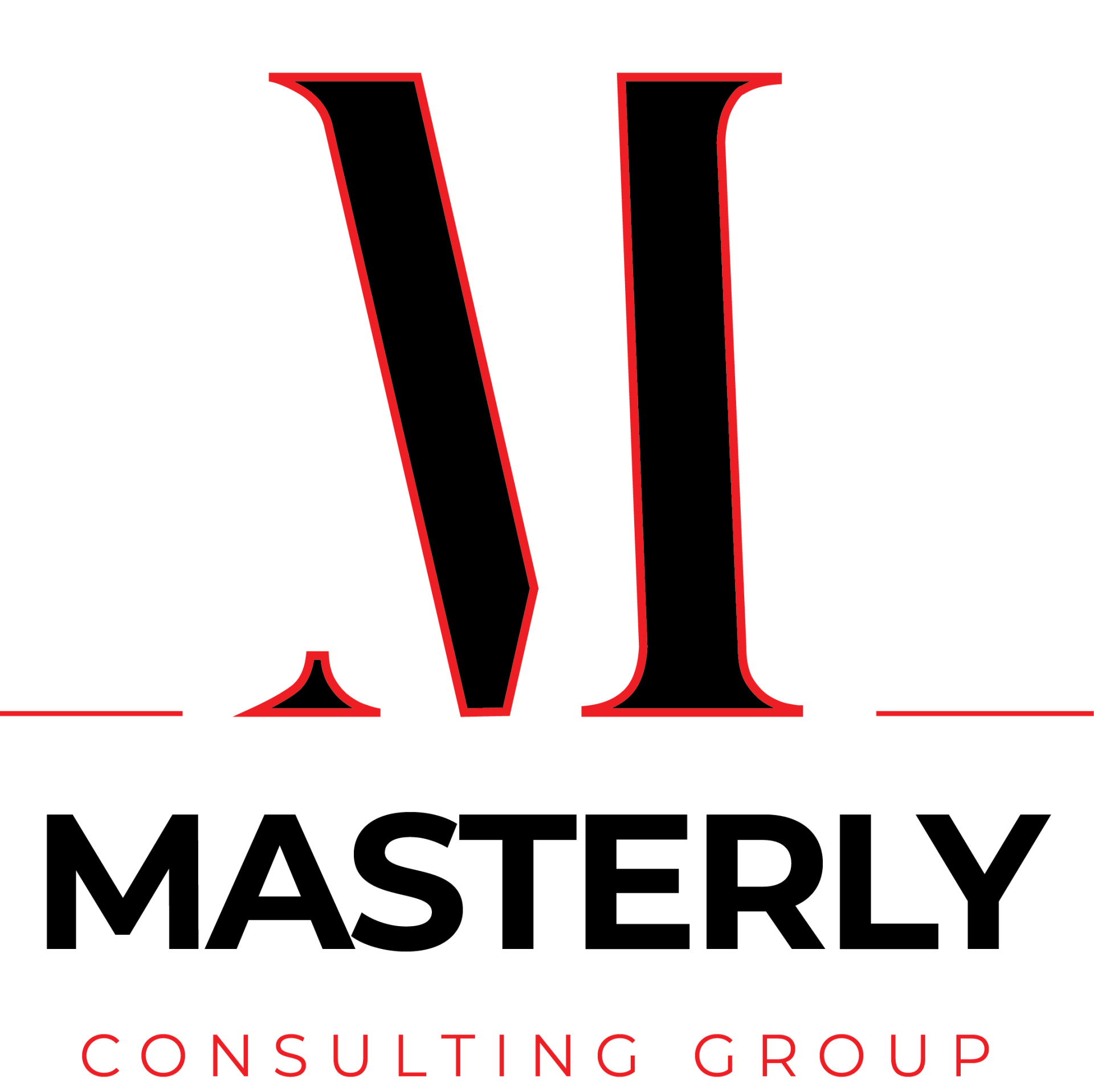
Masterly Consulting Group
Office Number
(888) 209-4055
Office Locations
Dallas, TX | Uptown Area
Houston, TX | Galleria Area
Grand Prairie | Training Center
West Palm Beach, FL | Downtown
Coming Soon
Atlanta, GA
Latest news



